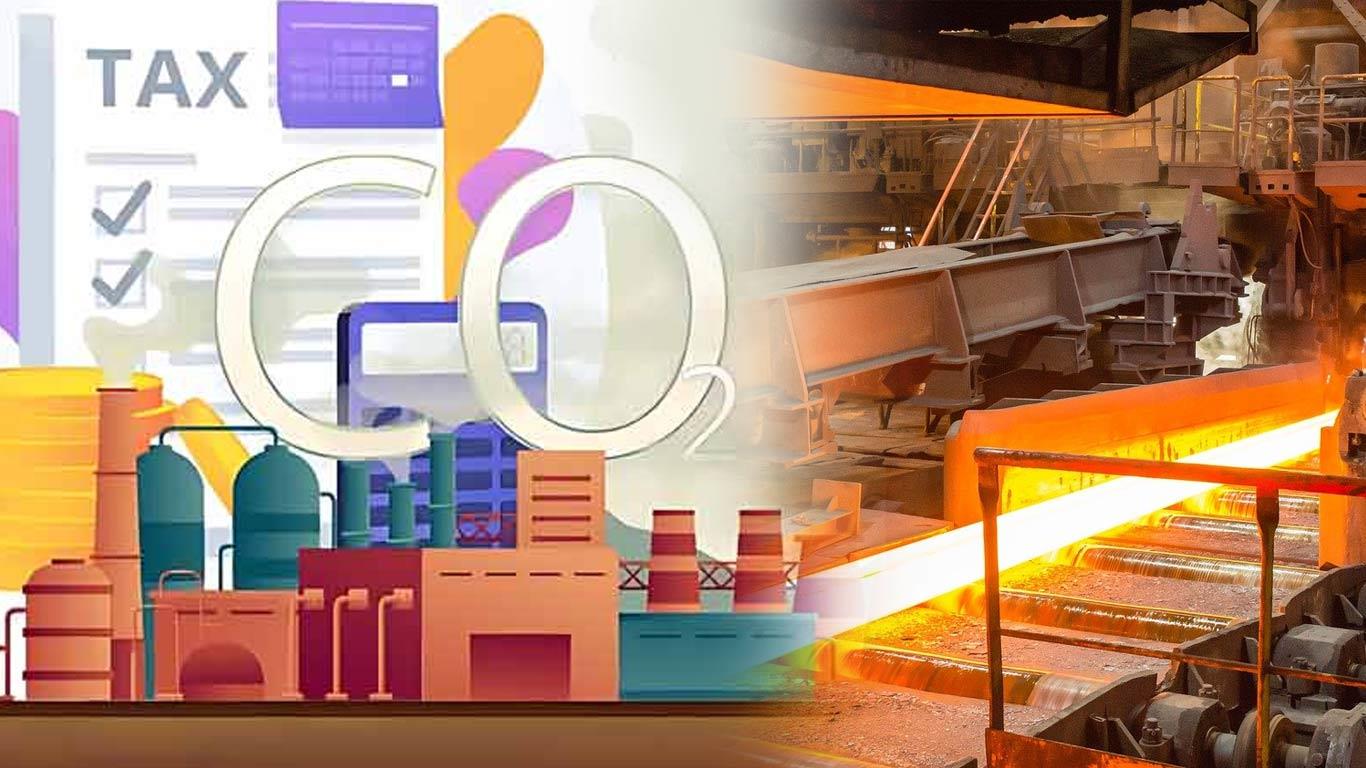
Govt Urges Decarbonisation Of Steel Industry Amid EU's Carbon Border Tax Concerns
At a recent conference organised by ASSOCHAM, Ashwini Kumar, Economic Advisor at the Ministry of Steel, revealed that the Indian steel industry emits approximately 2.5 tonnes of CO2 per tonne of crude steel produced.
Kumar attributed this high emission rate to limited gas resources and other factors, emphasising the urgency of adopting green technologies despite associated challenges.
"India is compelled to prioritise decarbonisation alongside its developmental goals," Kumar stated, advocating for the establishment of a Carbon Credit Trading System (CCTS) to enhance decarbonisation efforts and improve production systems.
The conference also shed light on the potential economic impact of CBAM. Sabyasachi Bandyopadhyay, Co-Chairman of ASSOCHAM National Council on Iron & Steel, warned that the mechanism could impose additional taxes ranging from 20-35 per cent, potentially affecting 0.5 per cent of India's GDP.
Industry representatives from major steel companies, including JSW Steel Ltd. and Tata Steel Limited, discussed the challenges of complying with new EU regulations aimed at preventing carbon leakages and maintaining industrial competitiveness.
Devasish Mishra of JSW Steel emphasized the need for the steel and aluminium industries to reassess their production processes to meet stringent environmental standards.
Dhiraj Nayyar from Vedanta Ltd stressed the importance of strengthening India's manufacturing sector to achieve significant economic milestones, including becoming the world's third-largest economy. He suggested that a carbon credit trading scheme could help streamline carbon taxation and enhance governance.
The conference culminated with the release of a report by ASSOCHAM and ICRA, which examines the heightened exposure of the steel and aluminium sectors under CBAM, underscoring the critical need for industry adaptation.
As India's steel industry faces these challenges, the government and private sector are working to balance economic growth with environmental sustainability, recognising the need for innovative solutions and strategic planning in the face of global climate initiatives.
(KNN Bureau)
Legal Disclaimer:
MENAFN provides the
information “as is” without warranty of any kind. We do not accept
any responsibility or liability for the accuracy, content, images,
videos, licenses, completeness, legality, or reliability of the information
contained in this article. If you have any complaints or copyright
issues related to this article, kindly contact the provider above.


















Comments
No comment